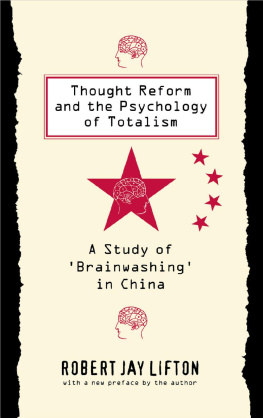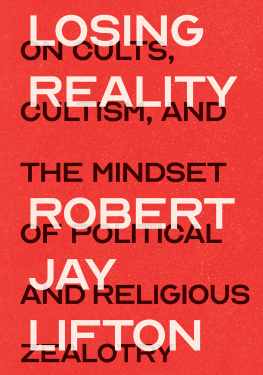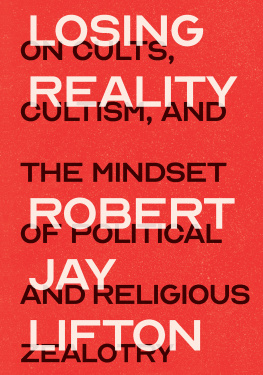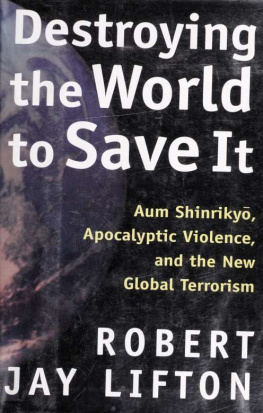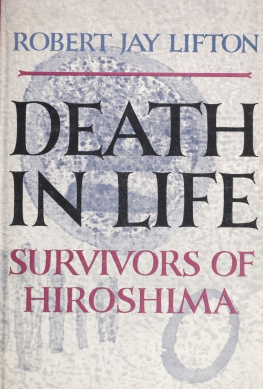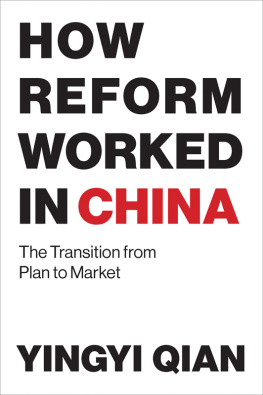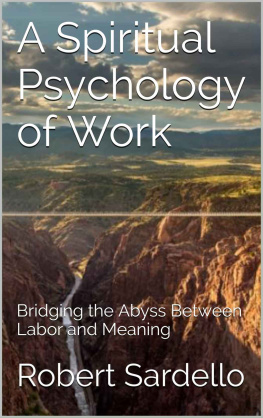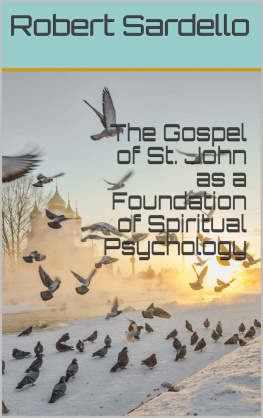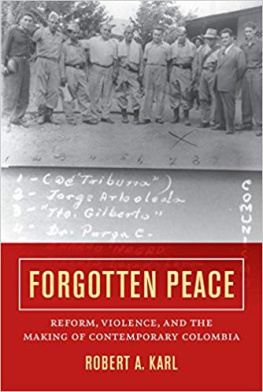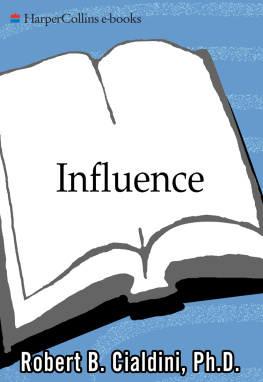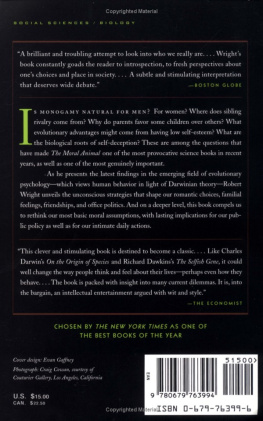Robert Jay Lifton - Thought Reform and the Psychology of Totalism
Here you can read online Robert Jay Lifton - Thought Reform and the Psychology of Totalism full text of the book (entire story) in english for free. Download pdf and epub, get meaning, cover and reviews about this ebook. year: 1989, publisher: University of North Carolina Press, genre: Science. Description of the work, (preface) as well as reviews are available. Best literature library LitArk.com created for fans of good reading and offers a wide selection of genres:
Romance novel
Science fiction
Adventure
Detective
Science
History
Home and family
Prose
Art
Politics
Computer
Non-fiction
Religion
Business
Children
Humor
Choose a favorite category and find really read worthwhile books. Enjoy immersion in the world of imagination, feel the emotions of the characters or learn something new for yourself, make an fascinating discovery.
- Book:Thought Reform and the Psychology of Totalism
- Author:
- Publisher:University of North Carolina Press
- Genre:
- Year:1989
- Rating:3 / 5
- Favourites:Add to favourites
- Your mark:
- 60
- 1
- 2
- 3
- 4
- 5
Thought Reform and the Psychology of Totalism: summary, description and annotation
We offer to read an annotation, description, summary or preface (depends on what the author of the book "Thought Reform and the Psychology of Totalism" wrote himself). If you haven't found the necessary information about the book — write in the comments, we will try to find it.
Thought Reform and the Psychology of Totalism — read online for free the complete book (whole text) full work
Below is the text of the book, divided by pages. System saving the place of the last page read, allows you to conveniently read the book "Thought Reform and the Psychology of Totalism" online for free, without having to search again every time where you left off. Put a bookmark, and you can go to the page where you finished reading at any time.
Font size:
Interval:
Bookmark:
Thought Reform and the Psychology of Totalism
A STUDY OF BRAINWASHING IN CHINA
Robert Jay Lifton, M.D.
The University of North Carolina Press
Chapel Hill and London
Preface to the University of North Carolina Press
Edition 1989 by Robert Jay Lifton
All rights reserved
First published by the University of North Carolina Press in 1989
Originally published by W. W. Norton & Co.
1961 Robert Jay Lifton
The paper in this book meets the guidelines for permanence and durability of the Committee on Production Guidelines for Book Longevity of the Council on Library Resources.
Printed in the United States of America
04 03 9 8 7 6
Library of Congress Cataloging-in-Publication Data
Lifton, Robert Jay. 1926
Thought reform and the psychology of totalism:
the study of brainwashing in China / Robert Jay Lifton.
p. cm.
Bibliography: p.
Includes index.
ISBN 0-8078-4253-2 (alk. paper)
1. BrainwashingChina. 2. CommunismChina.
I. Title. BF633.L5 1989
153.8530951dc 19 8840534
CIP
For B. J.
the quest and the journey
PART ONE
The Problem
PART TWO
Prison Thought Reform of Westerners
PART THREE
Thought Reform of Chinese Intellectuals
PART FOUR
Totalism and Its Alternatives
Now, after twenty-eight years, my own sense of this book has changed. I see it as less a specific record of Maoist China and more an exploration of what might be the most dangerous direction of the twentieth-century mindthe quest for absolute or totalistic belief systems.
Indeed, that quest has produced nothing short of a worldwide epidemic of political and religious fundamentalismof movements characterized by literalized embrace of sacred texts as containing absolute truth for all persons, and a mandate for militant, often violent, measures taken against designated enemies of that truth or mere unbelievers. The epidemic includes fundamentalist versions of existing religions and political movements as well as newly emerging groups that may combine disparate ideological elements.
These latter groups are often referred to as cults, now a somewhat pejorative designation, so that some observers prefer the term new religions. But I think we can speak of cults as groups with certain characteristics: first, a charismatic leader, who tends increasingly to become the object of worship in place of more general spiritual principles that are advocated; second, patterns of thought reform akin to those described in this volume, and especially in Chapter 22; and third, a tendency toward manipulation from above with considerable exploitation (economic, sexual, or other) of ordinary supplicants or recruits who bring their idealism from below.
Indeed, this book is largely responsible for my having been drawn into these controversies. With the profusion of the religious cults during the late 1970s and 1980s, I began to hear that Chapter 22 was being made use of for various forms of deprogramming of cult recruits, and then that the same chapter was being studied by cult leaders, ostensibly for the purpose of dissociating their groups from the patterns I described. Young people who had been involved in cults and the parents of such people began to consult me about these general patterns. I felt I had to clarify my position by preparing a new essay on cult formation and totalism in my recent collection The Future of Immortality and Other Essays for a Nuclear Age (1987), but I have been especially pleased by the extent to which this earlier volume on thought reform has remained central to literature on cults and on totalism in general.
Tendencies toward totalism in China itself have diminished over the years, as have specific thought reform programs. But that did not happen until after a fierce reassertion of totalistic behavior during the Great Proletarian Cultural Revolution of the late 1960s and early 1970s. I was able to study that upheaval and saw in it an effort on the part of the aging Mao Zedong to call forth the young in a common quest to reassert the immortalizing power of the revolution itself, and hence I entitled the work Revolutionary Immortality: Mao Tse-Tung and the Chinese Revolution (1968). Chinese society is still recovering from that extreme, often violent, outbreak. The regimes subsequent tendency, through fits and starts, has been in the direction of liberalization throughout the society, but that in no way precludes the possibility of future waves of totalistic policies or thought reform projects.
From the beginning, this book was meant to provide principles of a general kind, criteria for evaluating any environment in relationship to ideological totalism. Such patterns are all too readily embraced by a great variety of groups, large and small, as a means of manipulating human beings, always in the name of a higher purpose. And it should not be forgotten that such groups can hold great attraction for large numbers of people.
In recent research on Nazi Germany I was able to explore the most sinister of all historical examples of this phenomenon. I found that a particular kind of totalistic ideologya biologized view of society, or what I called a biomedical visioncould, with its accompanying institutions, draw very ordinary people into murderous activities. I came to understand that, in an atmosphere of totalism and brutality, even fragments of an ideology can readily contribute to participation in killing, as I reported in my book The Nazi Doctors: Medical Killing and the Psychology of Genocide (1986). There are parallels in Nazi and Chinese Communist use of the idiom of disease and cure, as totalistic systems are apt to do; equally significant is the general contrast between Nazi cure by mass murder and Chinese Communist cure by re-education.
I have been equally concerned with a contemporary category of fundamentalism that could contribute to killing on so great a scale as to dwarf even what the Nazis did, that associated with nuclear threat. Nuclear fundamentalism can take shape around the weapons themselves: the exaggerated dependency on them and embrace of them to the point of near worship. That is what I call the ideology of nuclearism. The weapons become an ultimate truth in their ostensible capacity to grant security and safety, to keep the world going, to offer salvation.
A seemingly different but related form of nuclear fundamentalism is the end-time ideology, within which nuclear holocaust is viewed as the realization of biblical prophecy and a necessary occurrence to bring about the longed-for Second Coming of Jesus and eventual earthly paradise. In a study we have been conducting at The City University Center on Violence and Human Survival, we have been pleased to learn that even fundamentalists with strong belief in end-time ideas find it hard to espouse this formula without great ambivalence and uncertainty. They too, it seems, have taken in some of the horrible actuality of the consequences of nuclear weapons and find it hard to believe that God would bring about such horrors or permit them to occur. Nonetheless, these fundamentalist attitudes become associated with the weapons in varying ways and with varying intensity throughout much of our society, and in the process they interfere greatly with the nuanced thought and moral imagination needed to cope with nuclear threat.
While totalitarianism is a twentieth-century phenomenon requiring modern technology and communications networks, the totalistic cast of mind is not. It probably was, in fact, much more common in previous centuries. It is in any case part of the human repertoire, an ever-present potential that can readily manifest itself when historical conditions call it forth. What is new is the potential for radically increased consequences of totalism, to the point of human extinction.
Font size:
Interval:
Bookmark:
Similar books «Thought Reform and the Psychology of Totalism»
Look at similar books to Thought Reform and the Psychology of Totalism. We have selected literature similar in name and meaning in the hope of providing readers with more options to find new, interesting, not yet read works.
Discussion, reviews of the book Thought Reform and the Psychology of Totalism and just readers' own opinions. Leave your comments, write what you think about the work, its meaning or the main characters. Specify what exactly you liked and what you didn't like, and why you think so.

